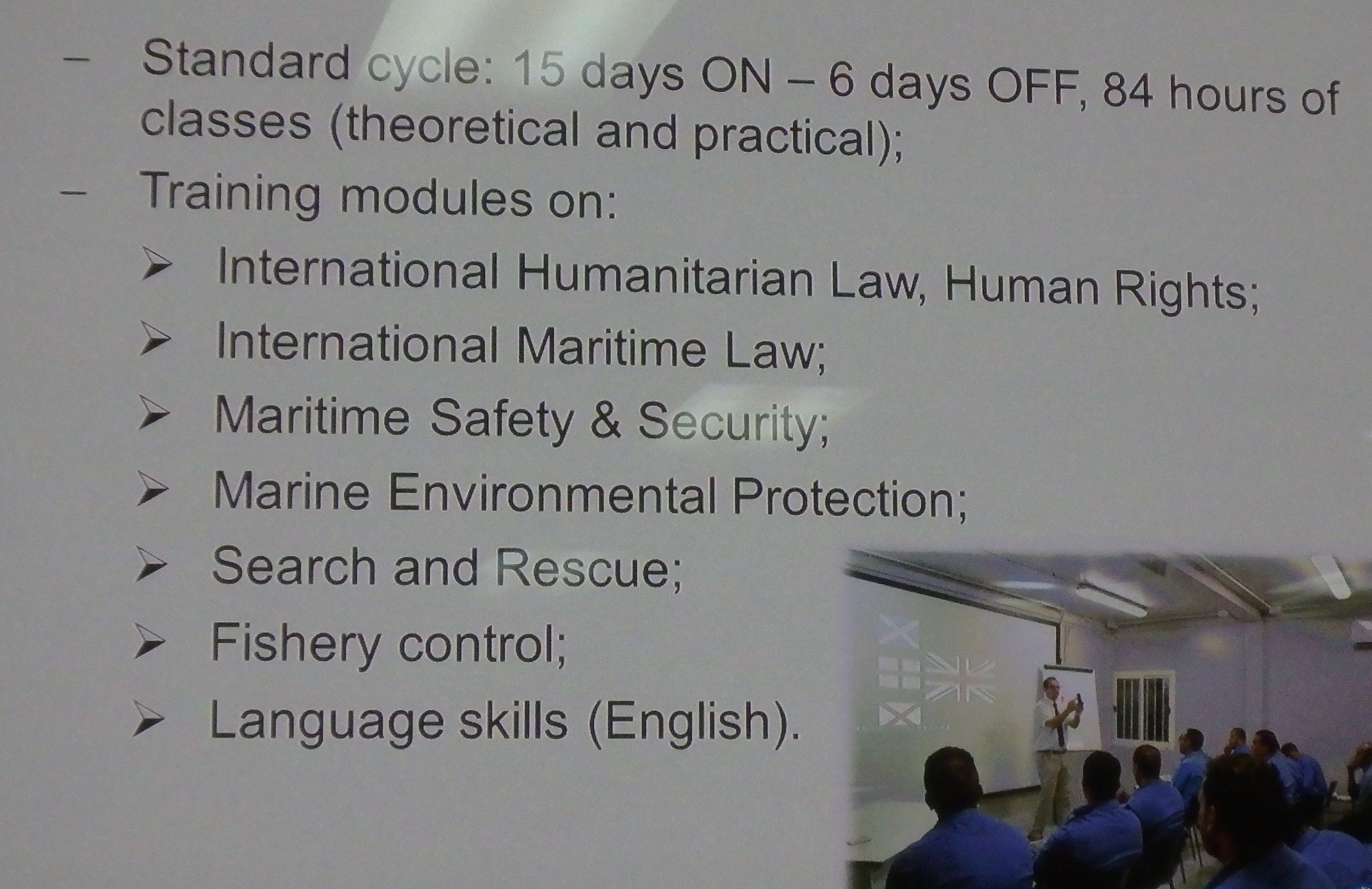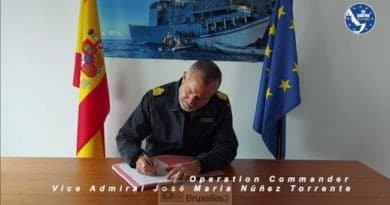EUFOR Chad 5: “Eufortian” and proud of it

(BRUSSELS2 to N'Djamena and Abéché) The French are already numerous, following a determined political will and thanks to an already long-standing presence – Chad and the Central African Republic are, in fact, two countries where the French military have fixed bases. But they are no longer the only ones! Italians (medical and paramedical personnel for the field hospital), Belgians (special forces and camp installation forces), Austrians (special forces and Pioneers), Finns and Swedes are also there, almost fully staffed, as well as Irish precursor elements. We also meet one or two Britons, Poles, Slovaks, Czechs, Luxembourgers... mainly at the Force Headquarters. This is divided between N'Djamena (rear CP, logistics) and Abéché (front CP), General Ganascia shuttles regularly between the two. A shuttle that will continue when the Star Camp is installed, if only for contact with the national authorities.
The current deployment
To make a count … of the forces present is arduous, and a little useless, the numbers changing every day, even every hour. What is more significant is the operational set-up. Thus, in mid-April, there was only one almost complete battalion - renamed in European terms "multinational brigade" - which was in place in mid-April: that of the French at Farchana (450 men on a expected total of 600), as well as the unit - which is attached to it - in Birao (Central African Republic) in the so-called "three borders" region. The rapid reaction force of the "theater", made up first of all of the French special forces, relayed by the Swedes, is also operational. The other two large battalions arrive later: the Irish towards the end of April, the Poles towards the end of May - June. They had initially announced their arrival in September but the European authorities asked them to deploy earlier.
Each of these brigades must include multinational forces. The Center multinational brigade - under French command - also includes Romanians and Slovenes. The Multinational Brigade South – under Irish command – includes Dutch, Swedish and Finnish. The Multinational Brigade North - under Polish leadership - must also include other elements. On the side of third countries, 60 Albanians must reach Chad fairly quickly – responsible for relaying the Finns in guarding the camps. And a hundred Russians are also expected at the same time as their helicopters (pilots, mechanics, maintenance).
The reinforced health system
Eufor has a substantial medical staff. The "Role 2" hospital - run by the Italians in Abéché, currently positioned on the Crocci camp, which will then be moved to the star camp, is a model of its kind. Composed of 100 people (ambulance officers, logisticians, carabinieri) including 34 doctors and nurses), it is modeled on a classic emergency service. In its air-conditioned tents, it is able to carry out all the classic interventions: 2 operating rooms, a resuscitation and intensive care room, an orthopedic room, 50 hospital beds, a laboratory - able to carry out a battery of tests (blood, HIV-type illnesses, Diphtheria, monucleosis, water composition, etc.), a dentist and a pharmacist.
Each Brigade has a specially reinforced “Role 1” type aid post. Thus the Farchana position includes 30 people, including 8 doctors and nurses (while a classic “Role 1” includes 1 doctor and 2 nurses). The Europa camp in N'Djamena only has a "Role 1", it has a more substantial hospital infrastructure, in particular the "Role 2" surgical center of the French forces "Epervier", well equipped, even capital hospitals. A “Role 2” hospital is also operational in Birao (Central African Republic). Contrary to the bilateral, French structures, open to the local population, the strictly “Eufor” structures are normally, except in special circumstances, reserved for soldiers or civilians working on the base under contract.
Gender equality
The Eufor mission has two “Gender advisers”, one Swedish and one French, responsible for enforcing gender equality and facilitating the day-to-day mixing of armies. The two advisers — a new function in the European missions — see to it that the female personnel are well integrated into the units, where the promiscuity and the rusticity of the installations are often the rule, to carry out prevention and information work ( in particular on what to do in a Muslim country) and to be able to react if necessary to more delicate questions (harassment, etc.).
The role of special forces
The special forces were deployed first, as early as January. This “created a great fantasy” explains Lt. Col. Axelos. But for us, what interested us above all was “their capacity for autonomous action. They are forces of action first, useful in a difficult theater where there is insecurity, to make the first reconnaissance of possible locations, tracks, to make first contacts with the population”. As the battalions deploy, they will fall back” – this is already the case for part of the French special forces – except those which will be integrated into the rapid reaction force.
Work rate
Between a staff and a team in the field, schedules and workloads vary considerably. But we can draw the robot portrait of a day. It starts very early, between 5:30 am and 6:00 am, to take advantage of the low heat and do some physical exercise (jogging, etc.). The period from 13 p.m. to 16 p.m. is considered red. And napping or sheltering in an air-conditioned sector is "strongly recommended". At the evening meal around 19 p.m., follows a period of free time, often used by officers or staff to finish what could not be done during the day. Unless specifically prescribed, soldiers have midnight permission (23:30 p.m. in reality), but must report their absence to the guardhouse, as for any outing outside the camp during the day, with an approximate time of return. A necessary precaution in order to be able to trigger the alert or repatriate the teams in the event of an incident. Except in an emergency, no one works at night – except for the faction guards – in order to preserve the teams. "It's about lasting" explains an officer.
Read also:
- Eufor Tchad 6 – Gen. Ganascia: "Maintaining the force in operational condition"
- Eufor Chad 5: “Eufortian” and proud of it
- Eufor Chad 4: the importance of intelligence
- Eufor Tchad 3: a complex management mechanism
- Eufor Chad 2: when a grain of sand seizes the Transport machine
- Eufor Tchad 1: above all a logistical challenge


Comments closed.